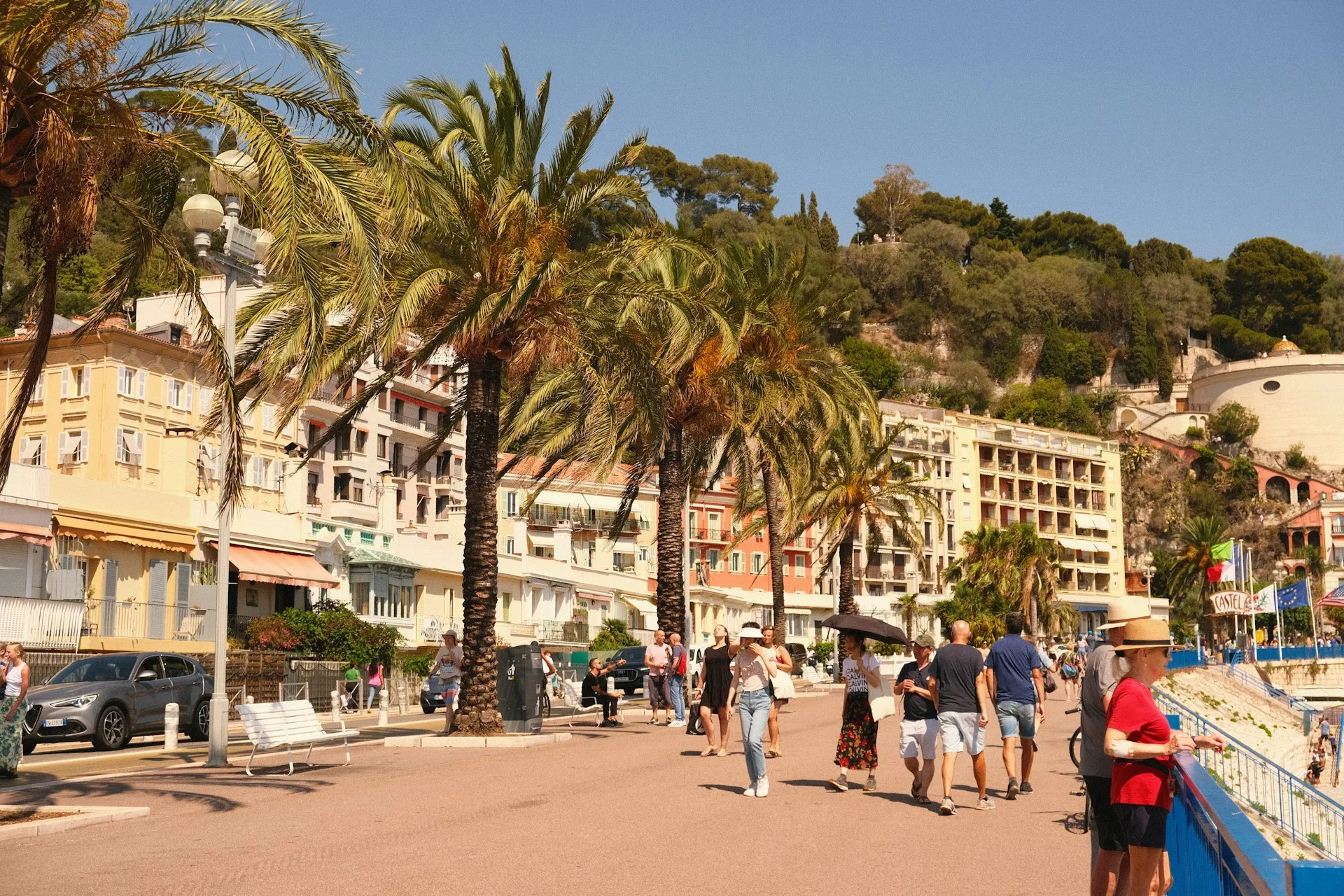France’s public holidays are more than just days off. They are windows into the heart of French culture, history, and community. For travelers and language learners seeking meaningful immersion, these moments offer a rich and layered experience that goes far beyond typical sightseeing.

Why French Public Holidays Matter
French public holidays (jours fériés) reflect key chapters in the nation’s identity. From honoring workers on May 1st to commemorating wartime sacrifice on November 11th, each holiday carries symbolic weight. These days also offer insights into how France balances secularism and spirituality, local pride and national unity.
Experiencing them from within a community — rather than as an outsider passing through — transforms them into powerful cultural lessons. You hear real language, see generational interaction, and feel a sense of continuity that textbooks rarely convey.
Regional Immersion Highlights
Each region puts its own stamp on the calendar:
- Brittany: Public holidays often include elements of Breton culture — music with bagpipes (binious), chants in Breton, and strong maritime symbolism. On August 15th, for example, coastal towns host boat processions and sea blessings.
- Occitanie: From festas in the Pyrenees to candlelit Armistice processions, holidays often blend history and spirituality. In many Occitan towns, November 1st includes pilgrimages and family cemetery visits followed by shared meals.
- Île-de-France: Beyond major events in Paris, such as the July 14th military parade, suburbs and towns honor their own history with civic events. You may find concerts, museum open days, or commemorative readings in unexpected corners of the capital.
How to Engage Respectfully and Meaningfully
To truly benefit from these moments, cultural sensitivity is key. Here are a few tips:
- Participate with curiosity: Even if you’re unsure of a ritual, being present and attentive says a lot.
- Ask locals about their traditions: They often appreciate the interest and may share personal insights.
- Observe before photographing: Many moments are intimate or solemn; prioritize presence over documentation.
- Use simple politeness: A sincere “bonjour” or “merci” opens many doors. Show gratitude for being included.
Bonus: Planning Around Holidays
If you’re planning a stay in France, try to time your immersion during one of the key holidays. It might mean shops are closed, but you’ll gain access to something more valuable: the living, breathing rhythm of French life.
Some suggestions:
- May 1st (Labor Day): Local markets and flower stalls selling muguet, peaceful community marches.
- July 14th (Bastille Day): Attend a small-town bal populaire for authentic music and dancing.
- November 11th (Armistice Day): Participate in a village ceremony and reflect on history alongside locals.
Final Word
Public holidays in France offer more than rest; they invite connection. They allow you to slow down and observe how identity, memory, and celebration intersect in everyday life. For immersion learners, they are moments of vocabulary, emotion, and belonging — lived in real time, in real places.



